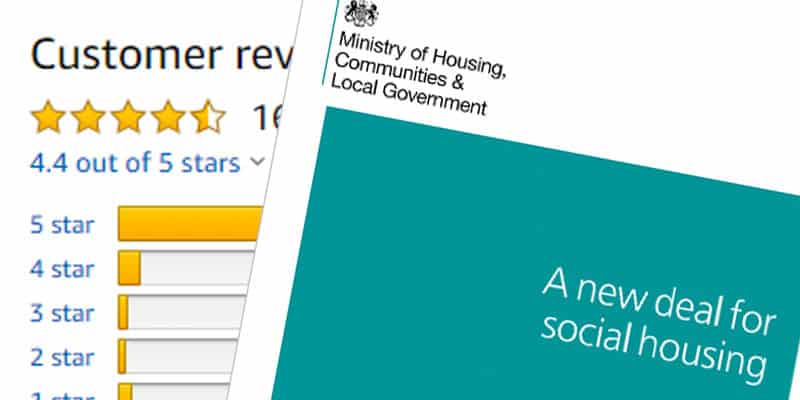This autumn the leaders of the social housing sector will be looking at how to implement ‘A new deal for housing’. It’s over two years since the devastating fire ripped through the Grenfell Tower block in West London and left 72 dead and hundreds homeless. Since then there have been several inquiries and policy consultations on how to respond. The response to the government’s Green Paper is expected soon, and for those of you who missed it first time around, here are the five principles that will underpin a new, fairer deal for social housing tenants:
- A safe and decent home which is fundamental to a sense of security and our ability to get on in life;
- Improving and speeding up how complaints are resolved;
- Empowering residents and ensuring their voices are heard so that landlords are held to account;
- Tackling stigma and celebrating thriving communities, challenging the stereotypes that exist about residents and their communities;
- Building the social homes that we need and ensuring that those homes can act as a springboard to home ownership.
What will the ‘new deal’ mean for those of us in ICT, digital and data departments? Have you started talking to your colleagues on the changes to systems and data that you’ll need to make this happen?
I’ve no idea on how policymakers will influence the housing sector’s leaders but there are three areas that strike me as opportunities to increase the digital inclusion of our customers, residents and tenants, and I can sum those three areas up in a single word – empowerment.
Empowerment is part of the conversation for just about every social change agenda, from equality to having a decent place to live. It’s also a word which underpins our technological drive; the very essence of the web and social media empowers millions of people to influence decision makers directly – empowerment = digital = empowerment!
1. Data analytics
“For residents to be empowered, they need good information on how their landlord is performing compared to others.” Those are the opening words of the government’s Green Paper chapter on the subject. It’s therefore reasonable to expect changes in the way that KPIs are collected and reported – perhaps even just one sector-wide measure on satisfaction. Will we get a simple and effective Amazon-style star system?
The Green Paper also proposes that landlords must publish KPIs covering five areas: repairs, safety, complaints handling, resident engagement and neighbourhood management, including dealing with anti-social behaviour.
So, I expect business intelligence and customer service teams to be busy refining their data to ensure it can easily be reported back to the regulator. The regulator already has a model for collection through the ‘global accounts’ returns; will this be the model for performance information, and what will they ask for and how frequently?
2. Data sharing
With brilliant data, there’s a brilliant opportunity. What if we could find a way to share key information about all social housing assets and allow providers to develop technology solutions that customers and staff can use?
Have you heard of ‘fintech’? Fintech is the financial services revolution, where new applications, processes, products or business models from different providers give customers an end-to-end online experience. It’s the thinking behind new products and services such as PayPal, Monzo and comparison websites which have revolutionised the way we think of money.
With that in mind:
- What if your data on decent homes, gas safety certificates and asbestos registers was available through a single customer portal for the whole sector?
- What if every repair logged against a property was available for suppliers to compare with each other?
- What if the regulator could look directly into your asset management system?
- All of this is possible with a bit of collaboration and entrepreneurship and I expect it to be available in the future. But it would be disruptive and I expect we would see some resistance to this level of transparency. As I say, what if?
3. Innovation
A ‘new deal for housing’ sounds quite exciting, doesn’t it? It feels like something we can all get behind and an opportunity for innovation to make things work better. So, what would be on your list and how can technology meet the principles of a new deal for housing?
Some ideas from us:
- A minimum standard for social housing websites – the information that must be included and how often it should be updated.
- A lobbying/petition app so that residents could get support from local community and have their views formally considered by housing providers.
- With more teams creating video content for their website, what about the next step: HATV – board meetings televised or on webinar in order to open up the behind-the-scenes decision making in the housing sector?
If you’d like to tell us what you think will be important in supporting a new deal for housing, please have a look at our short online survey (www.surveymonkey.co.uk/r/tfkrvkx) – we’re keen to hear your views and ideas.
Steve Dungworth is the founder of Connectology (and part of the Golden Marzipan Partnership).


